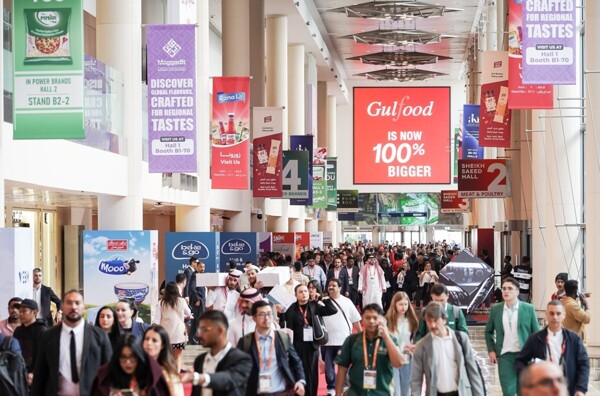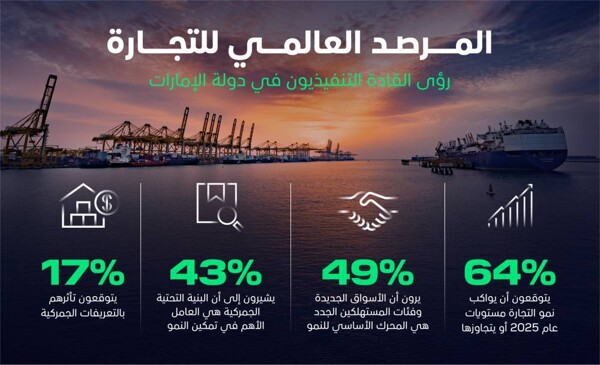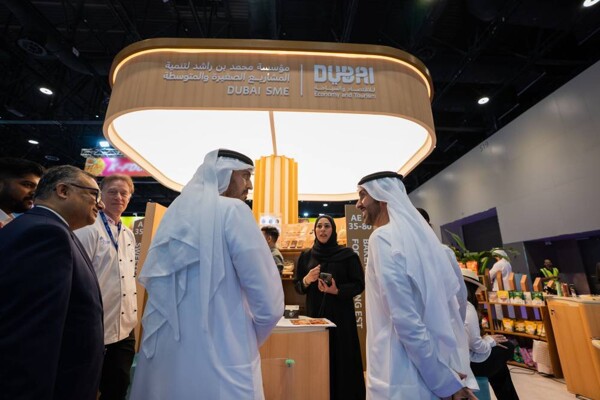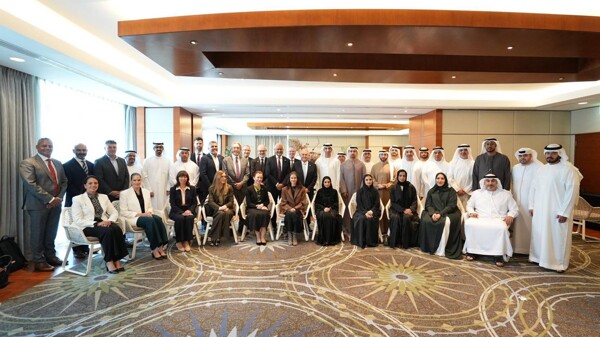
Dubai’s Roads and Transport Authority (RTA) has introduced its Sustainability Framework 2030, becoming the first transport authority to achieve ISO 20400:2017 certification from the BSI for sustainable procurement practices. The framework is structured around three pillars: Environment, Economy, and Society, and it delineates future directions, existing enablers, and supporting proposals.
The Sustainability Framework 2030 directs RTA towards enhancing the social, environmental, and economic sustainability of Dubai’s public transport ecosystem. By 2030, RTA aims to transform the transport sector into a fully data-driven, adaptive industry, while also transitioning to zero-emission public transportation, in line with the Zero Emission Public Transport Strategy 2050.
Under the economic sustainability pillar, the framework emphasizes diversifying investments, implementing a roadmap for asset management excellence by 2030, and promoting the circular economy besides achieving leadership in asset management maturity. By aligning with Dubai’s 2030 vision, the framework positions RTA as a global leader in sustainable development.
Muna Abdul Rahman Al Osaimi, CEO of RTA’s Strategy and Corporate Governance Sector, highlighted RTA’s commitment to advancing Dubai's global stature across various realms, focusing particularly on sustainability. Al Osaimi reiterated RTA's dedication to executing sustainability strategies as per set timelines and ensuring smooth coordination across departments and relevant entities. Noteworthy accomplishments include obtaining the British Standard BS 8001:2017 certification for Circular Economy and formulating a long-term strategy for Zero Emissions Public Transport by 2050.
The framework’s environmental sustainability pillar concentrates on resilient infrastructure development and transport systems. Under the social sustainability aspect, there is a priority on road safety, health, well-being, and empowerment, emphasizing the satisfaction of all community segments. Additionally, the framework advocates for increased women’s participation in the workforce and inclusivity under the theme "Toward a Satisfied Society for All."














